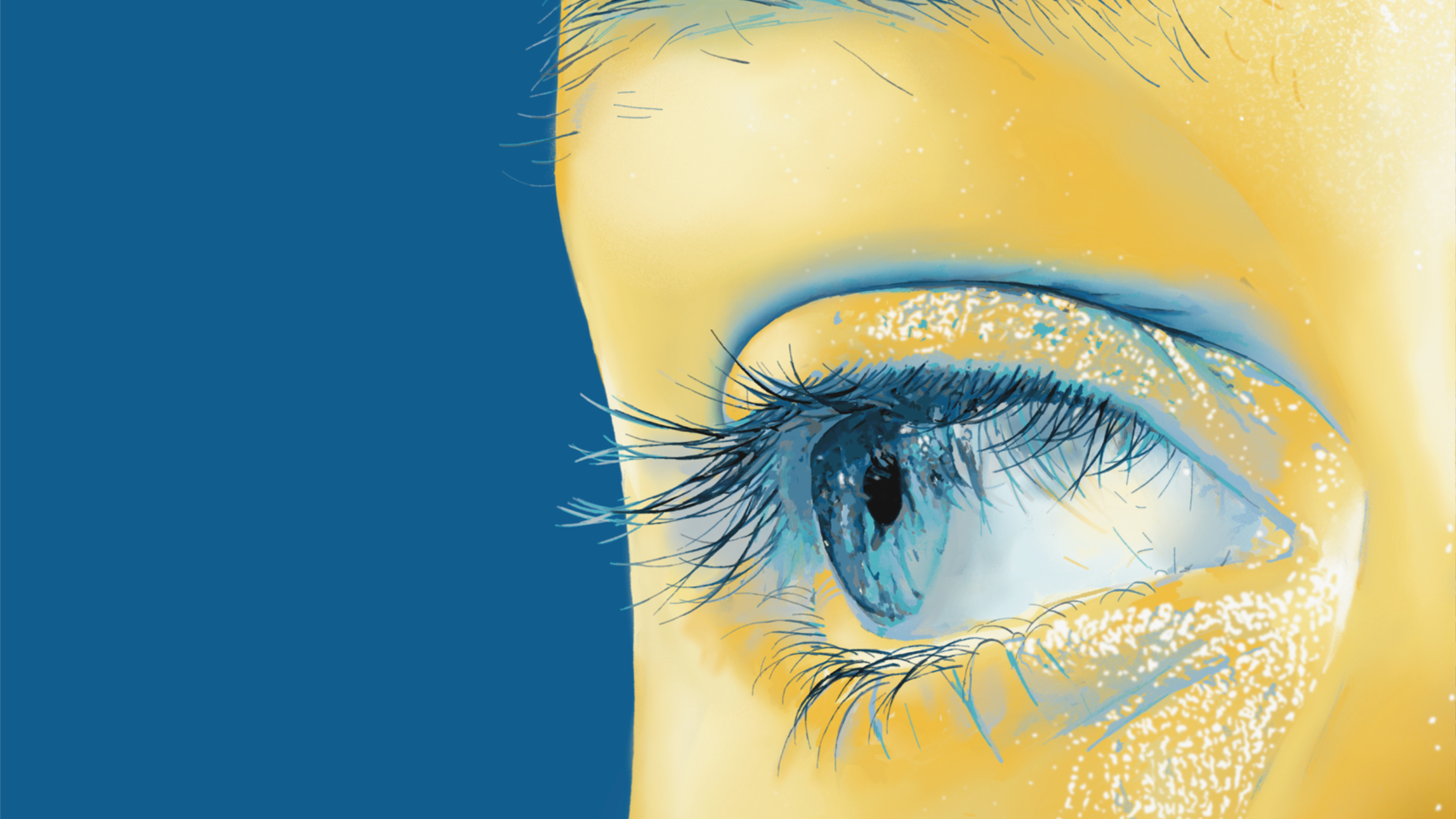I never discovered religion; it was never something to discover. It was a reliable friend from the start, my Lebanese Catholic family made sure of it. Often it was simply something I was made to partake in, but other times it was more a comfortable blanket of reassurance. Admittedly, my childhood avoided a lot of the emotional and financial distress many experience. I have been very lucky. However, the friend I called religion helped even more so. Something didn’t go my way? God’s plan. I’m worrying about my relationships or an exam? I’ll pray on it.
Jesus was great, too. His all-loving aura was alluring and inspiring. All the edges and cracks life presented were smoothed over by the all-fixing putty that is faith in a higher power. Sometimes it was challenged, but I was arrogant about it. Atheists just couldn’t understand, I would think. I would often engage in articulating my beliefs, but, when I couldn’t explain everything, I resigned to the blindness of faith. This may have even been the most enchanting aspect. I didn’t need to prove anything. I could just exist in bliss.
Too good to be true? I think you already know the answer. The religious phase of my life remained proud and true until 2019. In that year I suffered a near-death experience resulting in a broken and infected femur, taking countless surgeries and over a year to heal from. For some, a high degree of suffering would reinforce belief – God gives his hardest missions to his strongest soldiers! You now feel empowered and motivated to embrace your suffering and tackle life’s hurdles.
For others, a traumatic experience would lead them to doubt their faith. They would question: why have you done this, God? If you loved us, how could you allow such pain? Initially I took the former position, and the comfort it brought was persistent and powerful. Loved ones told me how they hadn’t stopped praying for me. I was told how I was living God’s plan and that He wanted me to live. The feeling of reassurance this brought was a defining factor in maintaining my resolve throughout the recovery.
As my body began to heal, my mind too experienced a form of transformation in the process. As I began to experience life beyond the confines of school as a graduated 18-year-old, I felt compelled to refine some of my systems of belief. Religion was a good starting point given how formative it had been. And so, I started to question myself. Do I reckon Jesus was God’s son on earth and died on the cross for our sins then resurrected three days later? What about heaven and hell? These dogmas of faith which underpin Christianity became less of a given and more of a point of contention. But religion had been such a beautiful and guiding force throughout my life. It was an aid in hardship and provided unfaltering reassurance throughout times of distress. When I began to consider whether I really believed in God, in Jesus’ death and resurrection for humanity’s sins, and everything else I had assumed to be true all my life, I realised I didn’t. And when this wave of clarity swept over me and I considered how much religion provides solace to those who are suffering, I thought, ‘maybe that’s all it was for me’. Without the affirmation that the basis of Christianity was true, everything else that came with it became a whole lot less credible for me. I started seeing prayer and faith in ‘God’s plan’ as practices that only function to relieve suffering.
On top of all the beautiful and joyous things that justify life, our world is rife with anguish and despair. There is constant uncertainty, pangs of anxiety and depression people must travail through. Not to mention economic hardship that weighs down most of this world. But with belief in the holy metaphysical and the unfaltering support of God on your shoulder, all this anguish become a little less harsh. This was the reality for me and those with faith around me, especially after the largest point of suffering I’ve experienced. While it seems easier to be religious, it is not something to be forced upon oneself. It must be genuine. An absence of faith in the metaphysical meant all the reassurance it previously provided eventually dissipated. I am thankful for my stint with God, though. While I can’t force belief, the virtues of compassion and selflessness instilled by my family and my Catholic high school are timeless.
What is God now then? We need meaning, do we not? It can’t be that all the devout have an unfair advantage in coping with pain. I was left with a vacuum of purpose after the departure of my faith. I’m not certain there’s no higher power, I’m just not entirely convinced it’s the Christian God. In this uncertainty, my answer to myself is simple. Life, in all its beauty, justifies itself. Aside from the pain religion has caused by those who misuse it out of hatred, it is a special tool in the arsenal of humanity. Those lucky enough to have a healthy relationship with it can use it to their advantage. Those who are unconvinced must find alternatives.
We acknowledge the Ngunnawal and Ngambri people, who are the Traditional Custodians of the land on which Woroni, Woroni Radio and Woroni TV are created, edited, published, printed and distributed. We pay our respects to Elders past and present. We acknowledge that the name Woroni was taken from the Wadi Wadi Nation without permission, and we are striving to do better for future reconciliation.
